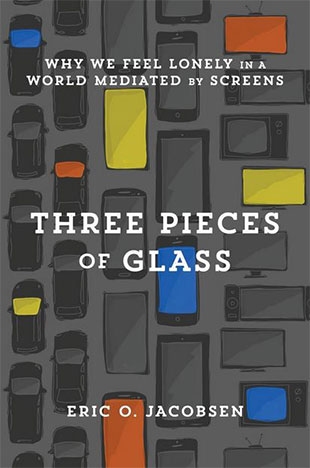"What does it mean to belong? While it seems like a straightforward concept, it can be tricky to pin down a precise definition. If we restrict ourselves to the variety of belonging we experience as humans, as opposed to, say, the way that my shirt belongs to me, it simplifies things.
"Human belonging can include institutional, geographical, social, and/or cultural dimensions. We belong if we are on the official rolls of an organization. However, it is not unusual for a member of my church to report feeling they just don't belong. The social dimension of belonging is often what people mean when they say they belong (or don't belong). I feel I belong if I sense acceptance among a group of people. This can be formal, like belonging to a family, or informal and fluid, like belonging to a group of friends.
"Belonging is often connected to geography. I have a sense of belonging if I have lived in a particular locale a long time, especially if I'm a third-generation resident. It's possible to speed up the geographic sense of belonging by deliberately engaging with the natural and built environment of a place.
"Last, there's a cultural aspect to belonging. I feel like I belong if I don't have to think too much before I speak or engage in an activity. Cultural belonging has to do with an internalization of the norms, patterns, and lexicon of a particular group or place.
"The following is a working definition of 'belonging' for the purposes of this book: 'a sense of fitting in with a particular place, a particular group of people, and/or with the ethos or narrative of a place.' You belong when you don't have to work too hard for a sense of acceptance."
